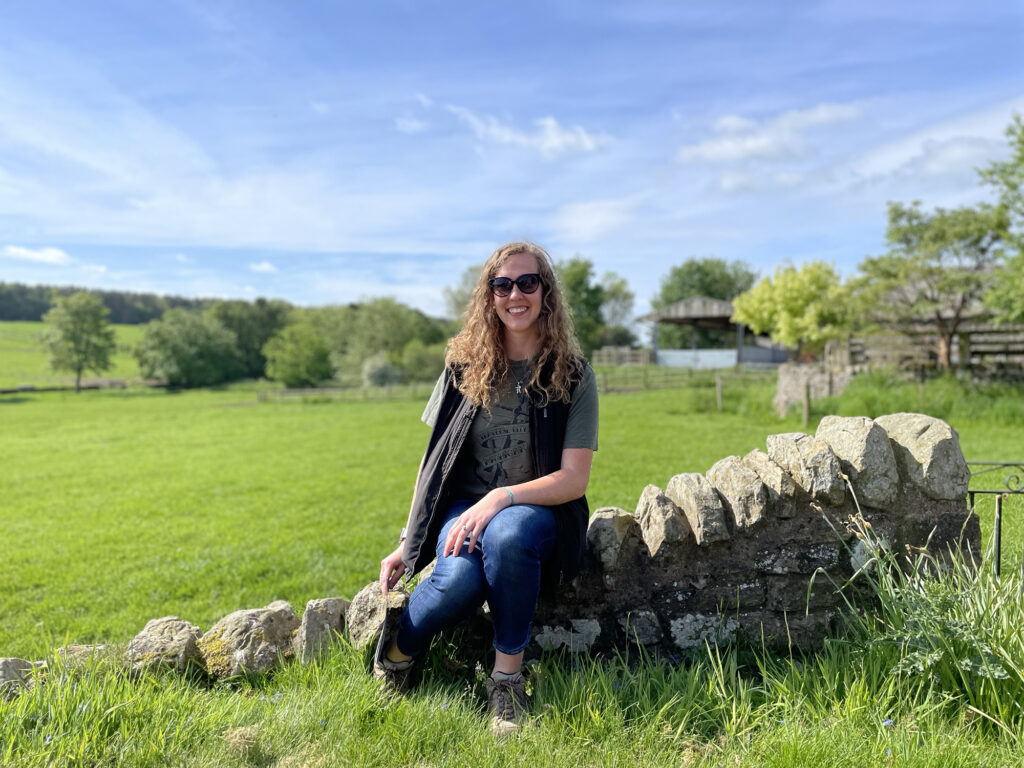CMP Review 2023-06-08
June 8, 2023

Last week when we were traveling in England, my daughter and I were both struck by the birds. Their songs were different; their calls were different; their colors were different. These were not the birds of the American midwest.
But what was for me a passing observation was for her a persistent interest. Every walk became a nature walk as she again and again called my attention to a new song, and we tried to sort out which was the chaffinch and which was the warbler. Again and again she would point to a tree and say, “There it is!” I would follow her eyes to a cluster of leaves and see only that: leaves. But she was certain a bird was there.
In volume 5, Charlotte Masons’s chapter “A Hundred Years After” imagines a world that has implemented her method. Set in the year 1990, a set of friends remark how “what was called ‘Education’ a century since [in 1890] and what we call Education [now] are essentially different things.” The premise of the chapter is that “every man … is permitted to mould and modify his own brain,” and that as living ideas turn into habit, we can raise children who are better than ourselves.
My daughter and I started learning about birds at the same time. Over the years we went on all the same walks. My brain began to change, and so did hers. But by virtue of age, her brain was more plastic than mine. The ideas went deeper, the habits became stronger. I saw it last week.
Many people laugh when they get to the chapter “A Hundred Years After.” It’s an embarrassment to some, a running joke to others. I’ve seen far too much now to laugh. When I read the chapter, I can only hope … and believe.
@artmiddlekauff